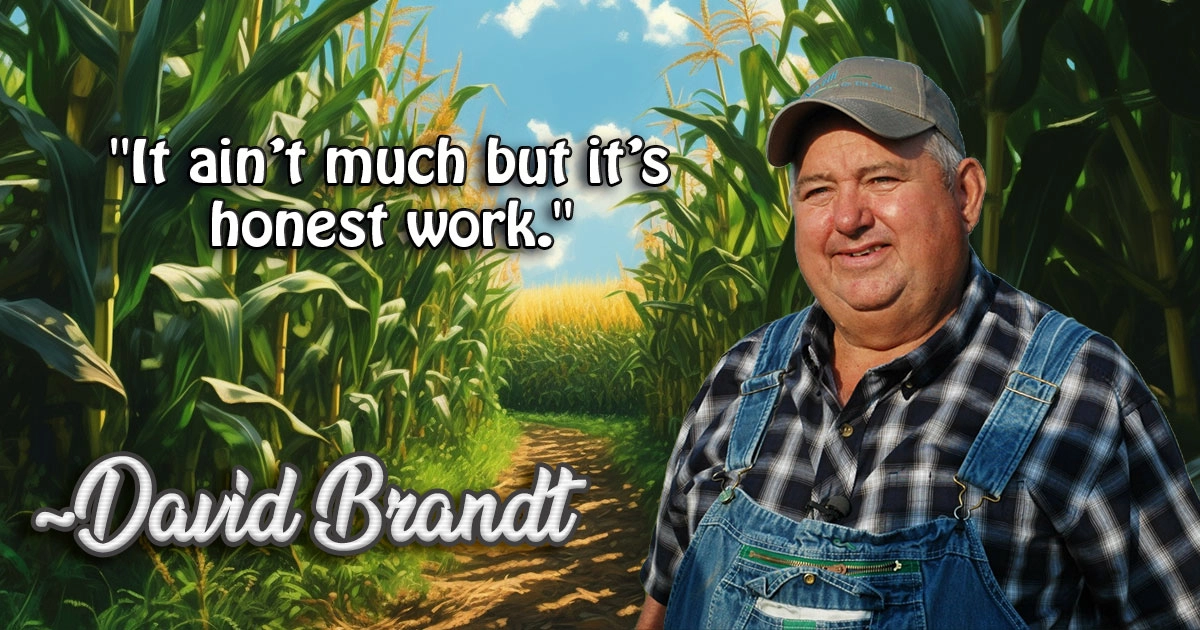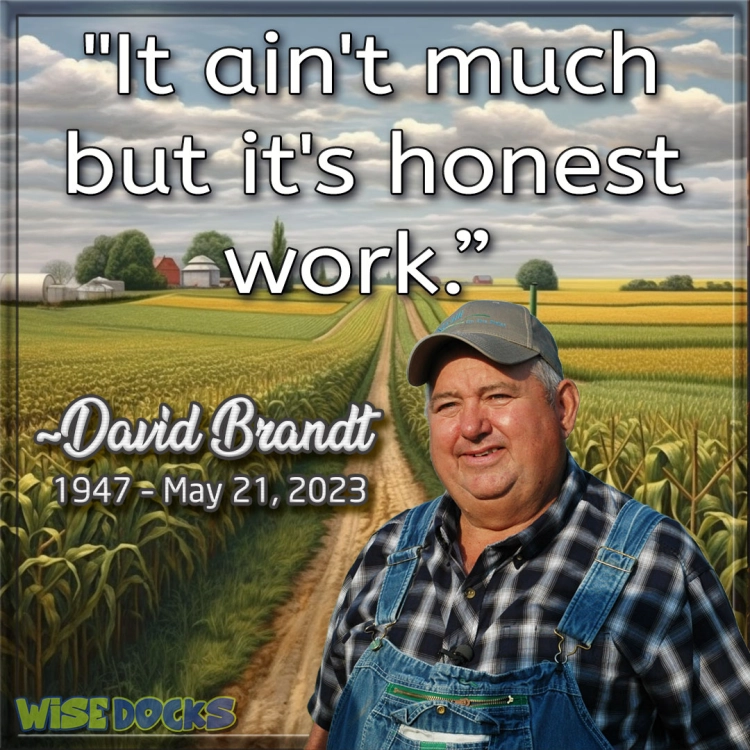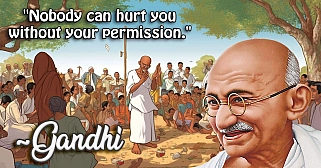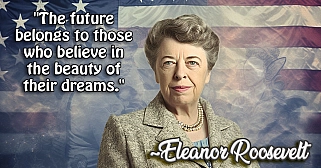David Brandt: A Steward of the Soil

David Brandt
David Brandt was not just a farmer; he was a steward of the land, a visionary who saw the soil beneath his feet as a living organism, deserving of care and respect. His life story is a testament to the power of sustainable farming practices and the profound impact one person can have on an entire industry.
David's Life
Born in 1945 in Carroll, Ohio, David grew up on a farm, where he learned the value of hard work and the intricacies of agriculture. From an early age, he was drawn to the rhythms of the land, the way the seasons dictated the life cycle of crops, and how the health of the soil determined the success of the harvest. His family farmed the traditional way, using tillage to prepare the soil for planting, but David was always curious about whether there was a better way to do things.

In the 1970s, the agricultural industry was heavily reliant on chemical inputs and intensive tillage, practices that David began to question. He noticed that each year, the soil seemed a little less fertile, the crops a little less robust. The land, once teeming with life, was becoming harder to work. He knew there had to be a different approach, one that would restore the health of his soil rather than deplete it.
In 1971, after serving in the military during the Vietnam War, David returned to his family farm with a renewed sense of purpose. He was determined to find a way to farm that would be better for the environment, better for the soil, and better for future generations. His quest led him to explore the principles of no-till farming—a method that involves planting crops without disturbing the soil through tillage.
No-till Farming
No-till farming was a radical concept at the time, viewed by many as impractical or even impossible on a large scale. But David was undeterred. He began experimenting on his own land, planting cover crops and using no-till methods to see how they would affect the soil. The early results were promising: the soil structure improved, erosion decreased, and the crops were healthier. But it wasn’t just the crops that benefited. David noticed that the wildlife on his farm was thriving as well, with more birds and insects returning to the fields.
As David continued to refine his methods, he became a pioneer of what would later be known as regenerative agriculture. He understood that the key to healthy crops was healthy soil, and healthy soil was dependent on a vibrant ecosystem below the surface. His farm became a living laboratory, where he experimented with different cover crops, crop rotations, and planting techniques, all aimed at enhancing soil health.
Word of David’s success began to spread. Farmers from across the country—and even around the world—came to visit his farm in Ohio to learn from his experiences. David was generous with his knowledge, hosting field days and speaking at conferences, always eager to share what he had learned. He became a sought-after voice in the agricultural community, known not just for his innovative practices but also for his humility and willingness to help others.
Cover Crops Are The Way To Go
One of David’s most significant contributions to the field was his work with cover crops. He advocated for planting cover crops like rye, clover, and radishes in the off-season to protect and nourish the soil. These crops added organic matter to the soil, improved water retention, and provided a habitat for beneficial insects. David’s cover cropping techniques were revolutionary, showing that it was possible to farm in a way that was both productive and sustainable.
David’s approach to farming wasn’t just about improving yields or making a profit; it was about stewardship. He believed that farmers had a responsibility to care for the land, to leave it better than they found it for future generations. This philosophy guided everything he did, from the way he managed his farm to the way he interacted with others in the farming community.
Despite his success, David never lost sight of the fact that he was just one man working a piece of land in Ohio. He often said that the soil was the real star of the show, and his role was simply to help it thrive. He was a farmer who thought in terms of centuries, not seasons, always looking ahead to how his actions would impact the land in the long run.
Impact On Agriculture
David’s impact on agriculture is immeasurable. His advocacy for no-till farming and cover crops has helped to shift the industry toward more sustainable practices. He proved that it is possible to farm in a way that is both economically viable and environmentally responsible. His farm became a model for others to follow, and his teachings continue to influence farmers around the world.
But perhaps David’s most enduring legacy is the way he inspired others to see farming as more than just a way to produce food. He taught that farming is a relationship with the land, a partnership that requires respect, patience, and a deep understanding of the natural world. Through his life’s work, David Brandt showed that by caring for the soil, we care for the future.
David passed away in 2023, but his legacy lives on in the fields he cultivated and in the minds of the countless farmers he influenced. His life was a testament to the idea that one person, working with passion and purpose, can make a difference. David Brandt was more than just a farmer; he was a steward of the earth, a teacher, and a visionary. And in the soil he loved so much, his influence will continue to grow for generations to come.


